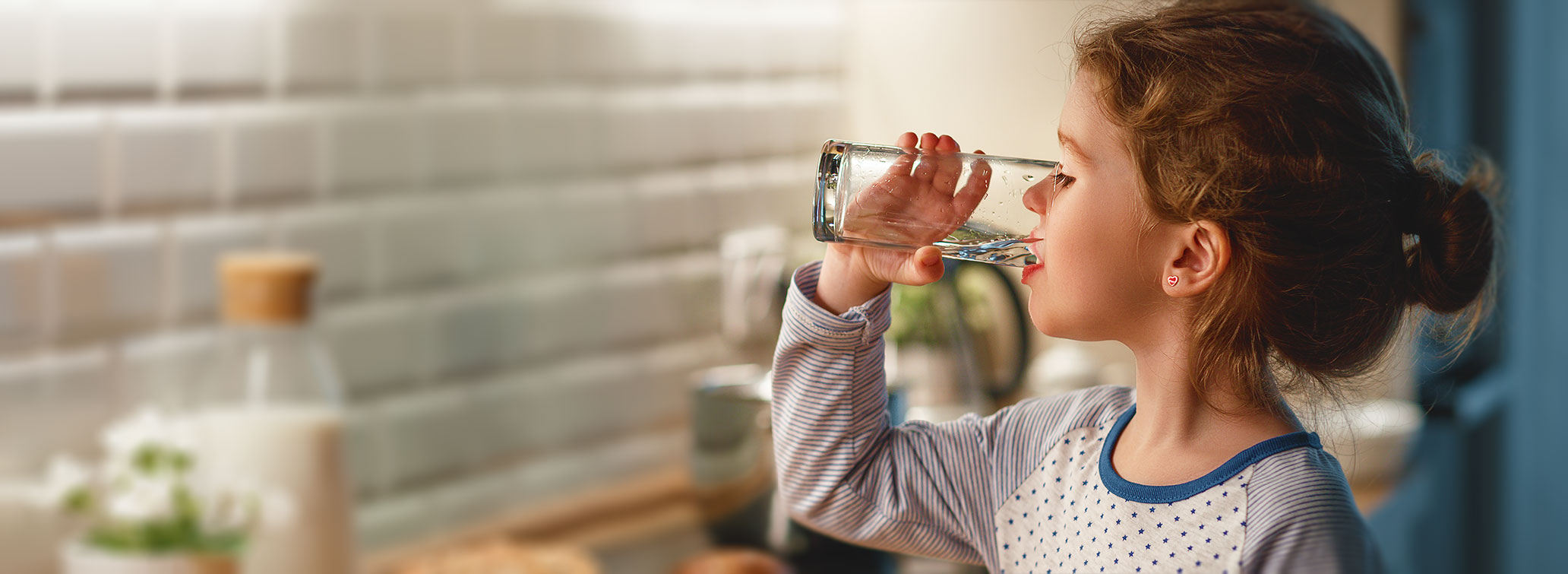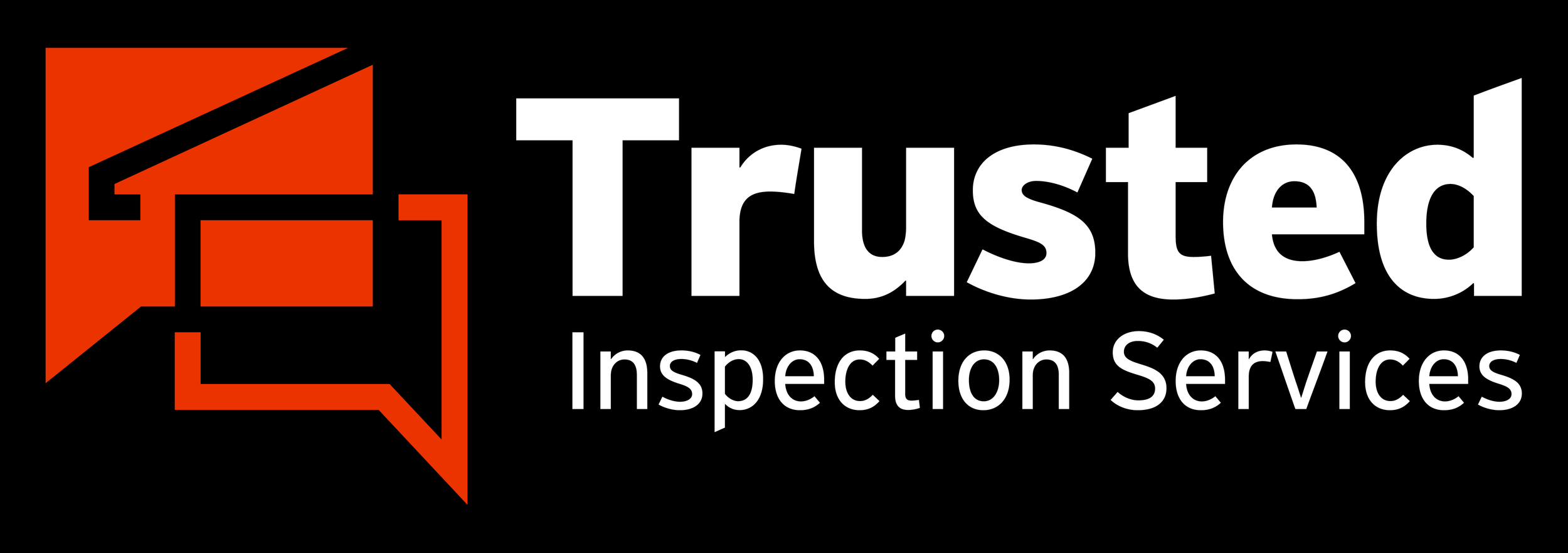
Why you should test
New York State recommends testing private wells every year for harmful bacteria called total coliform. Ground water is impacted by many factors, including rain and surrounding ground-level contaminants, like farm and commercial waste products.
Unlike public / municipal drinking water sources, which are regulated by the EPA, private drinking wells are not. There are no smells or tastes that indicate contamination. Testing water, therefore, is left up to homeowner’s discretion.
Total Coliform and Ecoli
Our well water testing checks for total coliform and e coli. According to the New York State Department of Health, “Coliforms are bacteria that are always present in the digestive tracts of animals, including humans, and are found in their wastes.” They are also found in plant and soil material.
Lab-Ready Testing
Our water collection is sanitary and follows a strict protocol so we don’t acquire false readings of the sample during collection. We work closely with a New York State certified analysis lab to ensure your samples tested to the highest standards.
We can test for other contaminants found in well water, like lead, nitrates, VOC’s, and radon. If there is high radon levels in the home’s air, then there is a good chance that radon will be in the water, too.
How to Know if you Have a Well
First, ask the seller or your agent if their water comes from a well. Access to underground water is achieved by drilling a uniform vertical hole into the ground. The hole is surrounded by a “casing” or pipe. This wellhead is positioned somewhere in the yard. Wellheads are typically a 12-18” of covered casing coming straight out of the ground. The water is drawn into the home with a pump.
Signs of wells can also be observed in basements. For example, if the home has a well, then there won’t be a water meter. Instead, there will typically be a pressure tank, which is often mistaken for a hot water heater! This article explains more. . Also, inside the home there can be a water filtering system.
